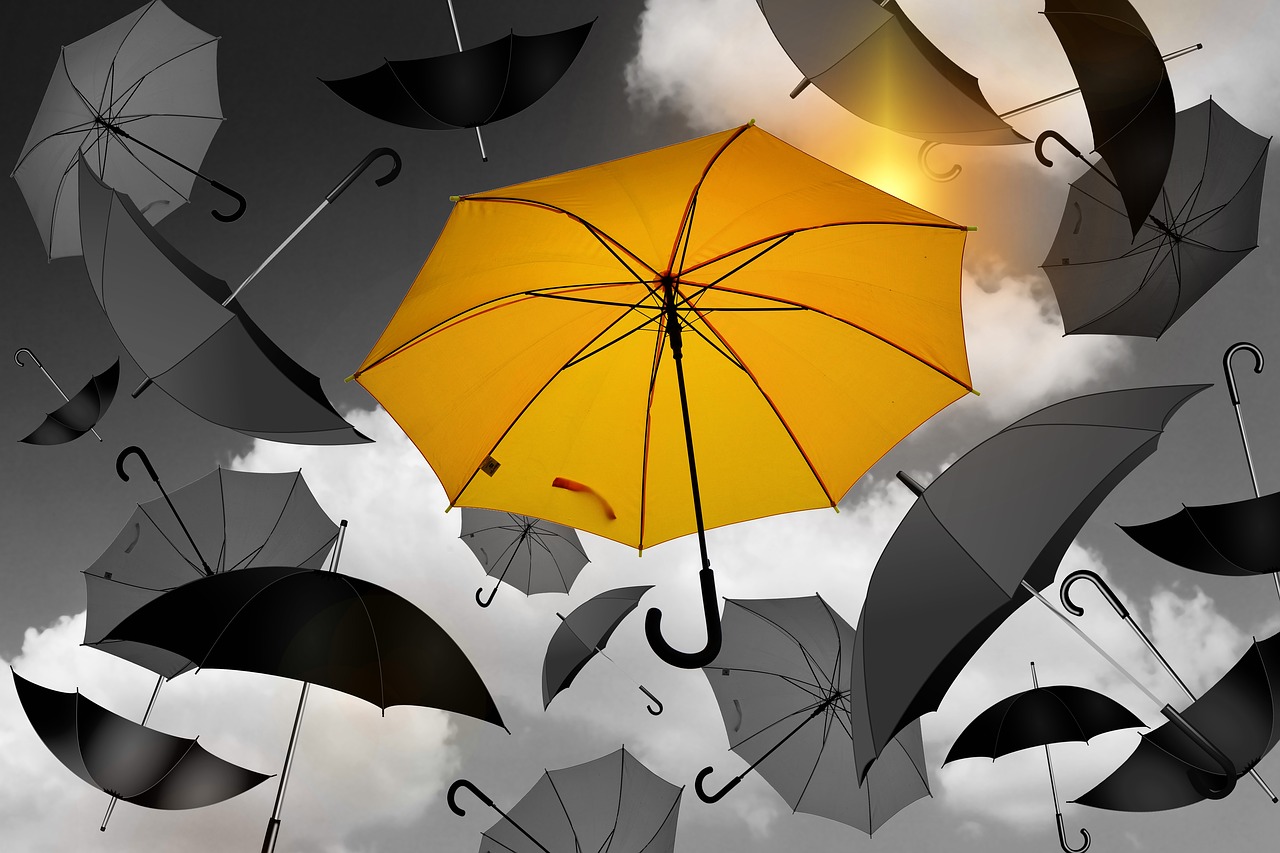by Stephanie Tolan, M.A., Author and Senior Fellow
The word unique is very often misused in our country. It means “one of a kind.” So something has to be either unique or not unique. It can’t be very, or especially, or extraordinarily. And I cannot be more unique than thou.
I define the term to begin this post because it’s important to start with the understanding that every single human being is unique. Even among identical twins, the two humans who can fit under the category of “most alike,” the individuals are not actually identical, as any pair of them will attest. Their genetic makeup may be the same, but their experiences are inevitably different, so the adjustments to attitude, belief, and feeling that those different experiences create lead them down paths that, no matter how similar, are clearly separate. This is what keeps the concept of cloning from being the creation of identical beings. There, too, different experience would inevitably create separation. Difference.
The reason I think this word and the principle it represents is worth writing about in this particular moment is that the culture we live in, though it has always found differences tricky to deal with, is especially challenged just now. We categorize people by differences, and then all too often treat people (and value them) not as individuals, but by category, as if that is all we need to know. The attributes we use to create those categories are infinite. Sex/gender, age, skin color, athletic prowess (or lack thereof), religion or belief system, social status, income level, nationality. Well, you get it. Infinite categories.
This categorizing is natural to humans; it can and does provide us useful, even necessary information. But it can also lead us astray. Judging people by the category we’ve assigned them can be harmful, to them and to us. While creating a category shows us differences, it simultaneously helps us forget that many more aspects of humanity are shared among us all. It enhances our human tendency to think in terms of them and us, and can exacerbate competitiveness and encourage hostility. This has happened, for instance, through all the decades since Gifted became a category, and the arguments about it continue without pause. These arguments often lead both those inside it and those outside of it to oversimplify complex realities and downplay or ignore entirely basic human needs on both sides.
In 2012 I wrote a blog post on The Deep End titled “Who or What?” It is much longer than this post, but is closely related. The “who” of a person is the individual beingness–uniqueness. The “what” is a category. That piece, the second one I posted on my then brand new blog, was written for its intended audience, those within not just the gifted category, but the highly to profoundly gifted category. After more than 30 years interacting with parents (and being one myself) I knew all too well how easy it can be to lose sight of the individual beingness of one’s child while trying to be sure that his or her category needs are met.
I stand by that blog post today. But I am also acutely aware of those “basic human needs” that all humans have no matter what categories they fit into, or how those categories are perceived by those outside of them. Having moved to upstate New York to be closer to family, I now spend rather a lot of time in New York City, and I am constantly reminded, as I travel on its subways, of the uniqueness of every single human individual—the extraordinary differences among us! For right now, when our country is wracked by hostility over our differences, I think we more than ever in my own recent memory need to do our best to wrap our heads (and more especially our hearts) around the paradox inherent in the original motto proposed and established by the founding fathers in 1776 that used to be on our currency—e pluribus unum. We are many. We are each unique. And we are also One.
Quantum physics tells us we are “star stuff.” And yet we are vastly different from stars. It tells us that we are energy because everything is energy, that we are therefore related not just to each other, but to elephants and mice and trees and orchids. Our kids have the capacity to “get this,” but we need to “get it” as well and do our best to hold onto it even as we work for the benefit of our children’s particular category.
Like this post? Sign up for our email newsletter to receive more stories, information, and resources about gifted youth straight to your inbox.

